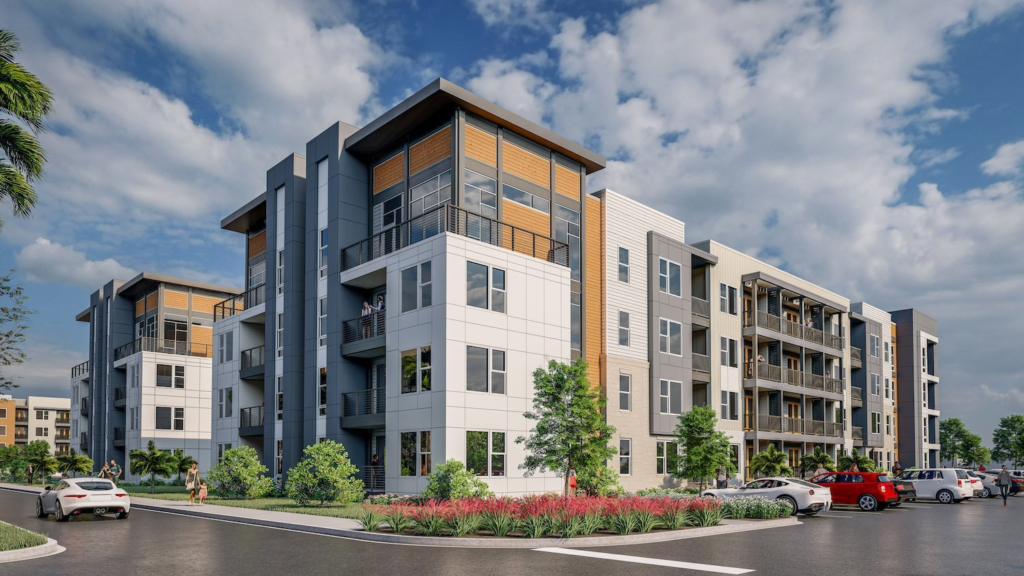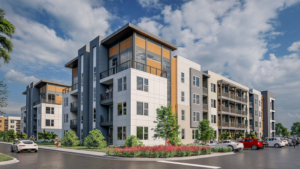In a bold move to address housing challenges and support storm recovery efforts, St. Petersburg’s City Council has approved a series of resolutions that promise to reshape the city’s approach to affordable housing and community resilience. These changes come at a crucial time when many residents are grappling with the aftermath of recent hurricanes and the ongoing struggle to find affordable homes.

The city’s Affordable Lot Disposition Program has undergone a significant overhaul. Previously known as the Foreclosure Lot Disposition Policy, this initiative connects qualified developers with vacant lots acquired through foreclosure. The program’s revamp introduces a Request for Qualifications process to vet developers and allows for multi-unit construction in eligible areas. Perhaps most notably, the restrictive covenant period has been extended to 10 years, a move aimed at fostering long-term neighborhood stability.
These changes are designed to streamline the development process and make it more attractive for builders to create affordable housing. By offering lots at nominal costs with no upfront expenses, the city is effectively lowering the barrier to entry for developers willing to construct homes for buyers within specified income brackets.
In another significant development, the Citrus Grove Apartments, a cornerstone of affordable housing in South St. Petersburg, is set for a new chapter. The City Council has greenlit an amendment that facilitates the property’s transfer to Citrus Grove Preservation, Ltd. This transition is expected to breathe new life into the 84-unit complex, with plans for further rehabilitation to better serve low-income households.
The city’s commitment to its residents extends beyond housing development. In response to the recent hurricanes Helene and Milton, St. Petersburg has expanded its Codes Compliance Assistance Program. Eligible homeowners can now access up to $10,000 in repair funds, a substantial increase from the previous $7,500 cap. This boost, coupled with a raised income eligibility threshold, aims to cast a wider net of support for those affected by storm damage.
Complementing these efforts is the enhanced Rapid Roof Replacement Program. This initiative now offers zero-interest, forgivable loans to eligible residents in South St. Petersburg who need roof repairs due to recent storm damage. By integrating storm recovery into its affordable housing strategy, St. Petersburg is taking a holistic approach to community resilience.
These comprehensive measures reflect a city that’s not just reacting to crises but proactively shaping its future. By intertwining affordable housing initiatives with storm recovery efforts, St. Petersburg is laying the groundwork for a more resilient and inclusive community.
As these programs roll out, residents and developers alike will be watching closely. The success of these initiatives could serve as a model for other cities grappling with similar challenges. For now, St. Petersburg stands at the forefront of innovative urban policy, balancing immediate needs with long-term vision.
For those interested in learning more about these programs or seeking assistance, the city has made information readily available online. Whether you’re a developer looking to contribute to affordable housing or a resident in need of support, St. Petersburg’s new initiatives offer a beacon of hope in challenging times.
As the city moves forward with these ambitious plans, the true measure of success will be in the lives improved and the communities strengthened. St. Petersburg’s approach serves as a reminder that with creative thinking and committed action, cities can adapt to meet the evolving needs of their residents, building not just houses, but homes and hope for the future.




